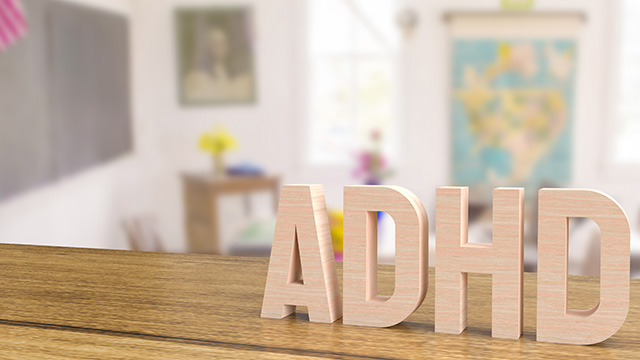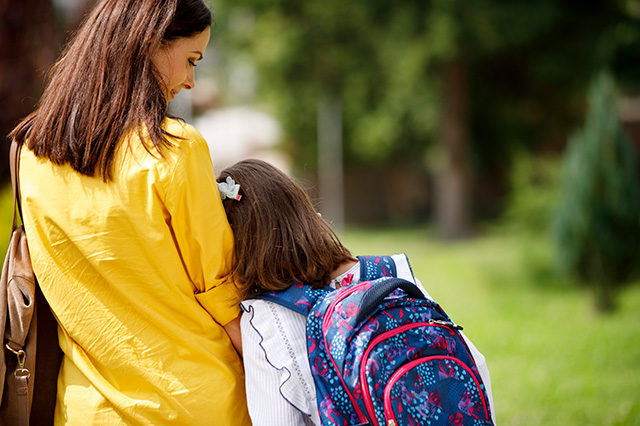Watching your child or teenager be rejected or experience unkindness can be incredibly painful and anxiety-producing. We want our children to fit in, to be liked and appreciated for who they are, and to feel a sense of belonging. When social problems arise, we can react in different ways: feeling overwhelmed, feeling worried that our child will suffer or things will only get worse, or becoming critical of our teen or their friends. Our efforts to control the situation can backfire and lead our kids to feel unsupported. When this happens, kids tend to stop sharing their bumps in life with us (for fear we can’t handle it).





